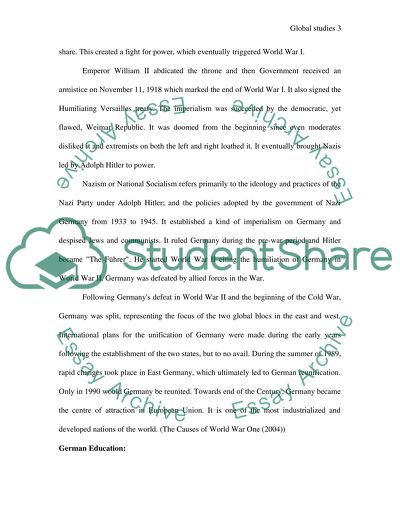Cite this document
(“History of Germany Essay Example | Topics and Well Written Essays - 1500 words”, n.d.)
Retrieved from https://studentshare.org/miscellaneous/1520977-history-of-germany
Retrieved from https://studentshare.org/miscellaneous/1520977-history-of-germany
(History of Germany Essay Example | Topics and Well Written Essays - 1500 Words)
https://studentshare.org/miscellaneous/1520977-history-of-germany.
https://studentshare.org/miscellaneous/1520977-history-of-germany.
“History of Germany Essay Example | Topics and Well Written Essays - 1500 Words”, n.d. https://studentshare.org/miscellaneous/1520977-history-of-germany.


